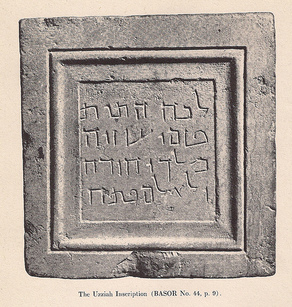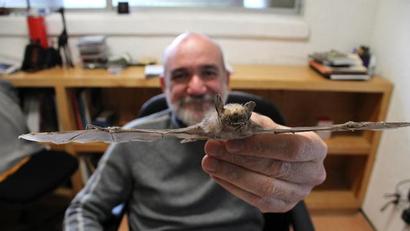How to Save a Dying Language
From Smithsonian Magazine: Aramaic, a Semitic language related to Hebrew and Arabic, was the common tongue of the entire Middle East when the Middle East was the crossroads of the world. People used it for commerce and government, across territory stretching from Egypt and the Holy Land to India and China. Parts of the Bible and the Jewish Talmud were written in it. As Jesus died on the cross, he cried in Aramaic, “Elahi, Elahi, lema shabaqtani?” (“My God, my God, why have you forsaken me?”)
But Aramaic is down now to its last generation or two of speakers, most of them scattered over the past century from homelands where their language once flourished. And now, Geoffrey Khan is racing to document Aramaic, before its native speakers vanish. |
|
|
Lisa Kristine, Photographer: Documents Slavery Around the World**Very moving video - highly recommended
For the past few years, photographer Lisa Kristine has traveled the world, documenting the unbearably harsh realities of modern-day slavery. She shares hauntingly beautiful images -- miners in the Congo, brick layers in Nepal -- illuminating the plight of the 27 million souls enslaved worldwide. |
Turkish author Orhan Pamuk Opens New Museum Based on His Previous NovelIn 2009, Turkish laureate Orhan Pamuk published the novel, The Museum of Innocence, in which the narrator, Kemal, collects dozens of things owned by his beautiful cousin Füsun, and arranges them in a museum.
In an unusual twist, Pamuk has recently opened an actual museum based on the book. In this article, Pamuk explains why he has made his fictional museum a reality. Read the novel: The Museum of Innocence |
Rodrigo Medellin, Mexico's Bat Man: Fighting to Protect Maligned CreaturesFrom PRI's The World: Bats often get a bad rap, but they are important to natural ecosystems and to humans. They eat massive amounts of insects, disperse seeds, and pollinate plants. But what may save them is their critical role in the production of tequila.
Rodrigo Medellin, a biologist in Mexico, is trying to convince his countrymen to protect bats, and he is training a new generation of researchers to look after the animals. |
Ping Fu Defends Memoir Against Online Chinese AttackPing Fu - artist, scientist, founder of tech firm, Geomagic, and Inc. magazine's Entrepreneur of the year - recently published her memoir, Bend, Not Break (right) - her account of growing up in China.
But both the author and the book have become targets of virulent attacks by China’s Internet vigilantes, who have slammed her account of the country’s Mao-era troubles. Read this interesting article about her life experiences, and her perseverance in the face of these attacks. |
|
|



